The current government seems to be in an aggressive pursuit of introducing environmentally-friendly means of transportation in Pakistan. The Ministry… Read More
The post 6 Reasons Why People Still Have Doubts About Electric Cars in Pakistan appeared first on .
The current government seems to be in an aggressive pursuit of introducing environmentally-friendly means of transportation in Pakistan. The Ministry of Science and Technology and the Ministry of Industry and Production have been quite active as of late in their endeavors to promote Electric Vehicles (EVs) in Pakistan.
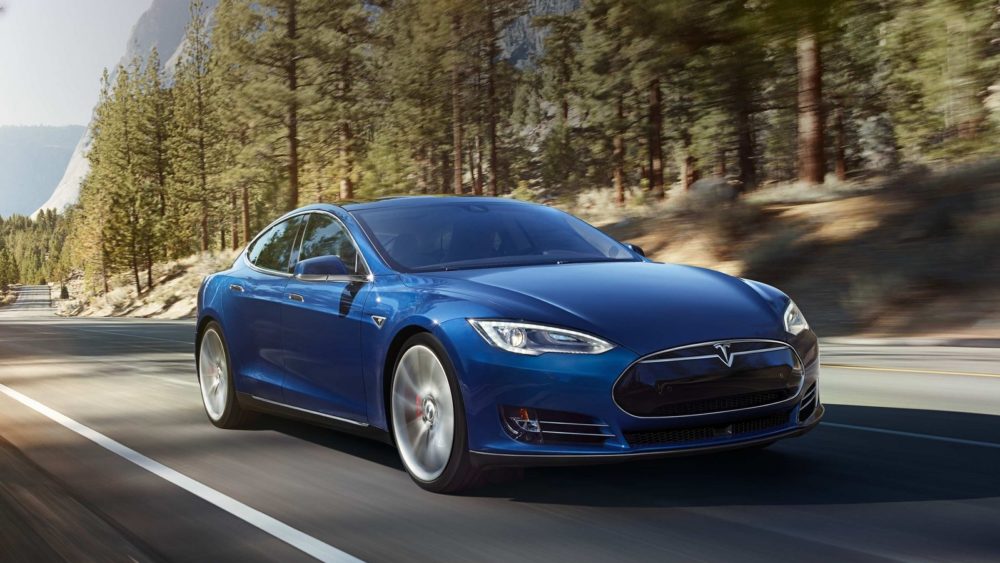
Recently, an EV policy for two-wheeled and three-wheeled vehicles has also been enacted, which offers several incentives to the buyers and owners of such EVs, and an EV Policy for 4-wheeled vehicles shall be made a part of the Automotive Industry Development and Export Plan (AIDEP) 2021-26 that is expected to be released in the 2nd half of the 2021 calendar year.
ALSO READ
11th Generation Honda Civic 2022 Officially Launched
With that said, the wheels are indeed gradually turning towards the normalization of EVs in Pakistan. However, there appears to be a lot of skepticism on the part of the public about the introduction of EVs in Pakistan. The following are some of the most common reasons as to why people are not in favor of EVs in Pakistan just yet:
Although it seems improbable in a modern age whereby information is abundant and easily available that the people wouldn’t know about the most pertinent points of discussion in the world today, that is the EVs.
Even from general discussion with a small, non-savvy group of people, it can be easily determined that a huge number of people don’t know about the personal, economic, and environmental benefits of EVs.
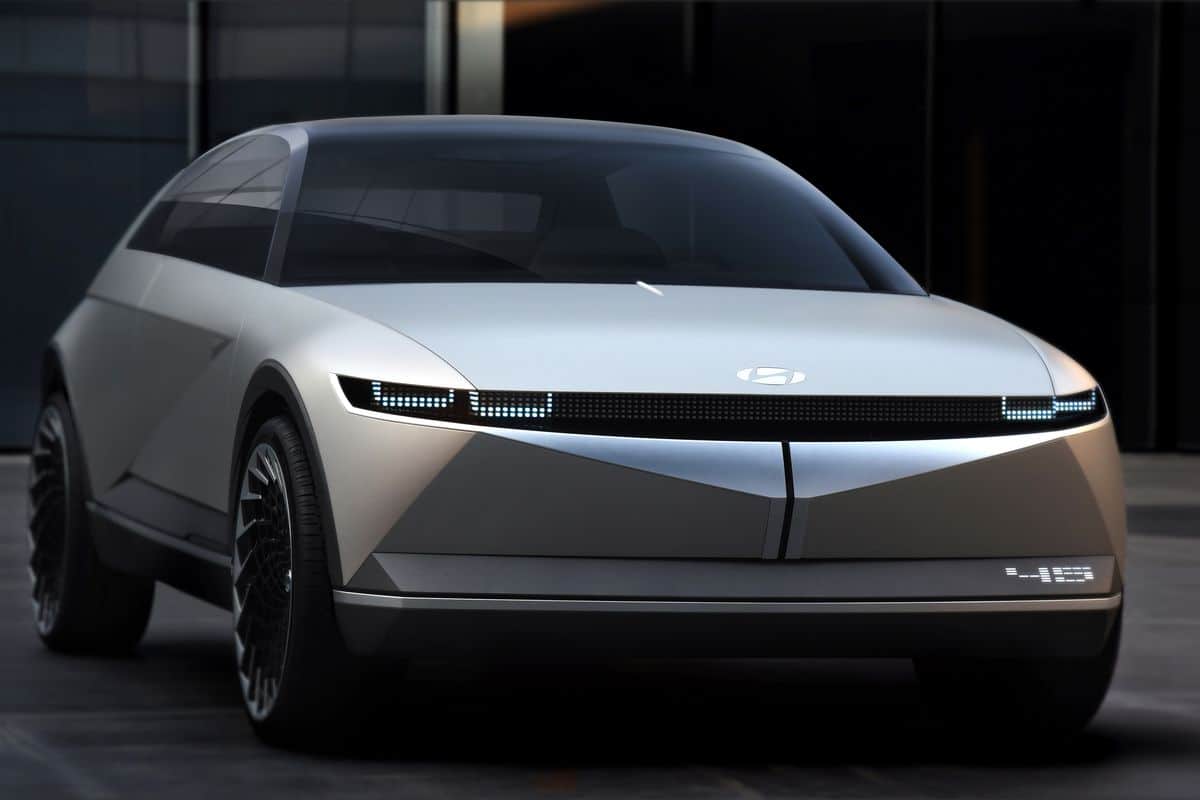
That is due in large part to the public’s non-exposure to such information. Neither the automakers nor the government invests any resources or time into educating the general public about the benefits of EVs for the country and the people.
Once people learn about what EVs are and what are their benefits, they might start gravitating towards the idea of shifting towards EVs instead of Fossil Fuel Vehicles (FFVs).
ALSO READ
Roshan Apni Car Scheme Allows Families of Overseas Pakistanis to Get Discounted Rates
This is perhaps the issue that is brought up most often and with good reason. In order for the EVs to be normalized, there has to be a large enough charging network all across the country. Currently, there’s only a handful of EV charging points across the entire country, and those too are only situated in the metropolitan cities of Pakistan, namely, Lahore, Karachi, and Islamabad.
In terms of future plans, Pakistan State Oil (PSO) plans to develop a proper charging infrastructure across Pakistan. Furthermore, Pakistan Railways has decided to offer up a portion of their land for sale in several parts of the country, particularly to the private parties to invest and develop EV charging stations on their land.

Furthermore, BYD has also reached an agreement with one of the leading Oil Marketing Companies in Pakistan – Total Parco – to develop an EV charging network across the country. The government is actively trying to encourage a maximum amount of investors to step forward and aid in the creation of proper charging infrastructure across the country.
An argument can be made that people can charge their EVs at home as well, but that is only possible if your home has a 3-phase power supply for fast charging, and even if it does, charging a vehicle can take hours, depending on the power supply rate and battery size.
ALSO READ
‘On-Money’, Late Deliveries, and Hefty Prices Plague Pakistan’s Auto Industry
One of the factors that could hinder the development of proper charging infrastructure in Pakistan, is the concern for power shortfall. Even after decades of being declared a developing country, Pakistan still struggles to provide sufficient energy for domestic or commercial use.
Loadshedding and other sorts of power outages are still far too common for the people to have faith in the power sector to accommodate EV charging networks as well as other sectors in Pakistan. That is also down to the fact that the governments have been unable to capitalize on power generation capacity.
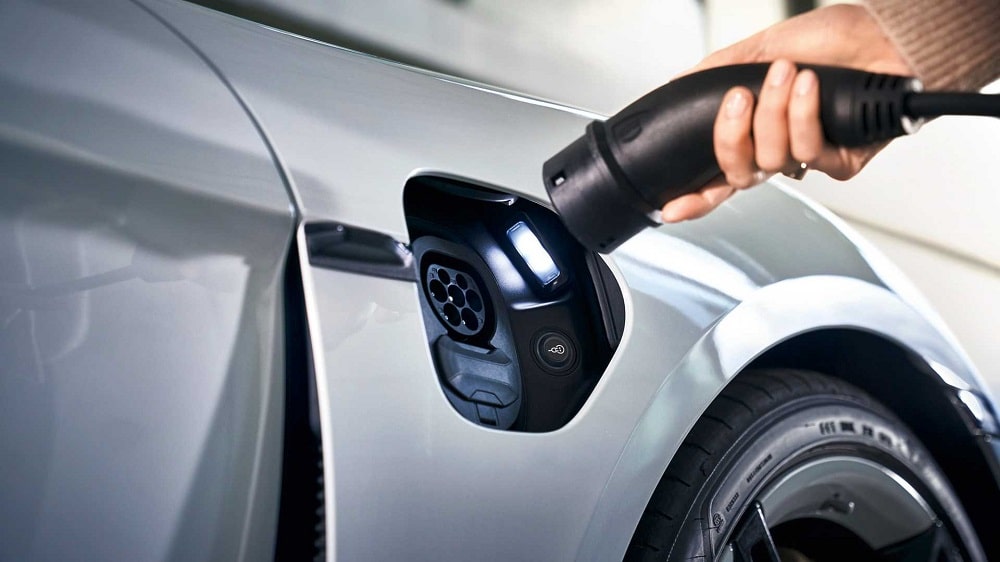
As per the Pakistan Economic Survey 2019–20 report, the installed electricity generation capacity went up to 37,402 MW last year. The maximum total demand for power from residential and industrial estates currently remains around 25,000 MW, whereas the supply capacity is corked at approximately 22,000 MW.
This creates a power deficit of about 3,000 MW during peak demand. So not only is the demand well below the said installed power generation capacity, but it is also more than the capacity that is being utilized by the power sector.
With that said, the government ought to capitalize on the existing energy production capacity, so as for them to accommodate various sectors as well as the EV charging infrastructure in Pakistan.
ALSO READ
Auto Industry Doesn’t Need More Incentives: CEO Lucky Motors
One of the most prevalent and valid concerns for car buyers is the charging time. Even though motoring technology has evolved in the most radical of ways in the past few years, the EV-technology still has a long way to go in terms of ‘fill-up’ times.
For conventional petrol or diesel-powered vehicles, it takes around 3 to 5 minutes to be filled to the brim, whereas, in the case of EVs, even the quickest battery fill-up times can range from 15 to 30 minutes.
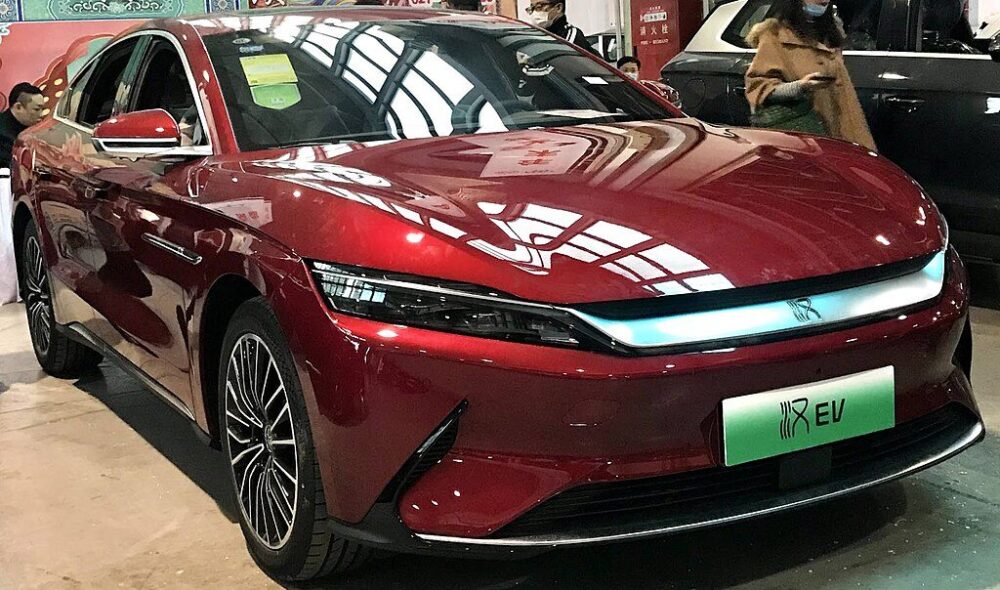
That is especially an issue if the charging network is as limited as it is in Pakistan. Even if 2-3 out of 15 cars in Pakistan become electric, there would be chaos between the owners standing at the charging points due to the energy fill-up times.
The argument of charging EVs at home could be used here as well, but bear in mind that if you buy an EV as a daily driver, such long charging times simply wouldn’t be practical.
Maintenance of the EVs is a completely different ball game compared to the maintenance of FFVs. The entire car is essentially one big computer, powered by a large and heavy battery. Therefore, the dedicated crop of EV mechanics has to be trained and put in place before introducing EVs in the country.
In the hands of an untrained mechanic, if the car’s Electronic Control Unit (ECU) is hampered even in the slightest, the entire car could become a dead weight, and the repair charges for such damage – which are already quite expensive under normal circumstances – could cost a big fortune.

Plus, some of the premium EVs, in order to remain in tip-top shape, require over-the-air software updates by means of an efficient wireless internet connection, just like a cellphone.
It bears repeating once again that EVs have a long way to go before they can be normalized. One of the most important and troubling concerns for people is the hefty price tags.
The EV development procedures are still perhaps at a formative stage, which is why the development costs are quite high. The effects of those high costs are felt by the people in the form of huge prices.
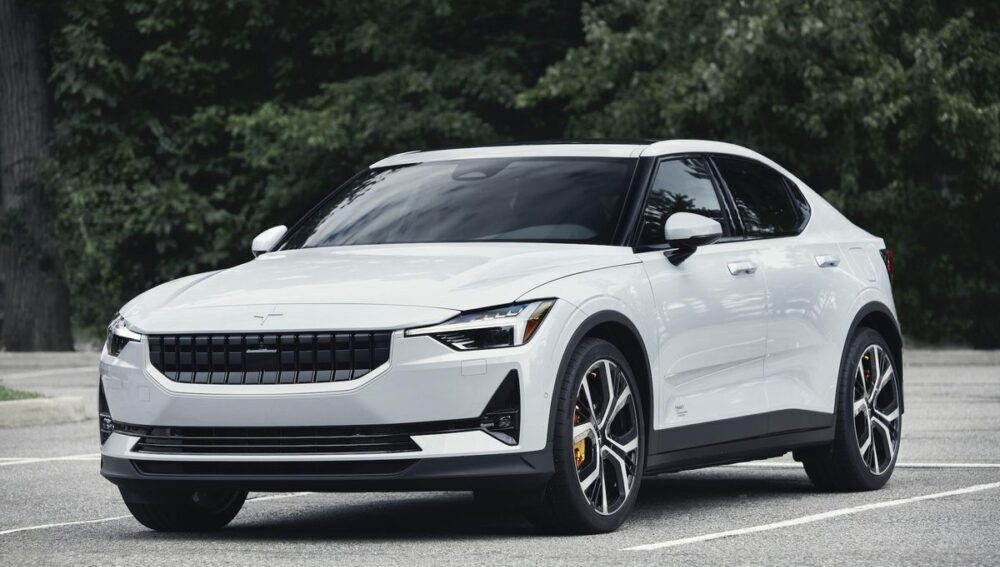
Small city EVs might be slightly cheap, but in a market such as Pakistan, people prefer buying a car that can be used both for short and long journeys, and the city EVs are neither sturdy enough nor do they have enough range to do long journeys.
Whereas the cars that are capable of doing so, start from well over $20,000, which translates to around Rs. 3 million in Pakistani money. At such prices, EVs could be a hard sell for the Pakistani public that is still yearning for cheap and decent quality commuter cars.
The aforementioned problems are not just a matter of contention for Pakistanis, but for the entire world. California is one of the most famous EV and hydrogen fuel cell car markets in the world, but even the dwellers of that state insist that, with the power and infrastructure concerns, the EVs cannot be normalized just yet.
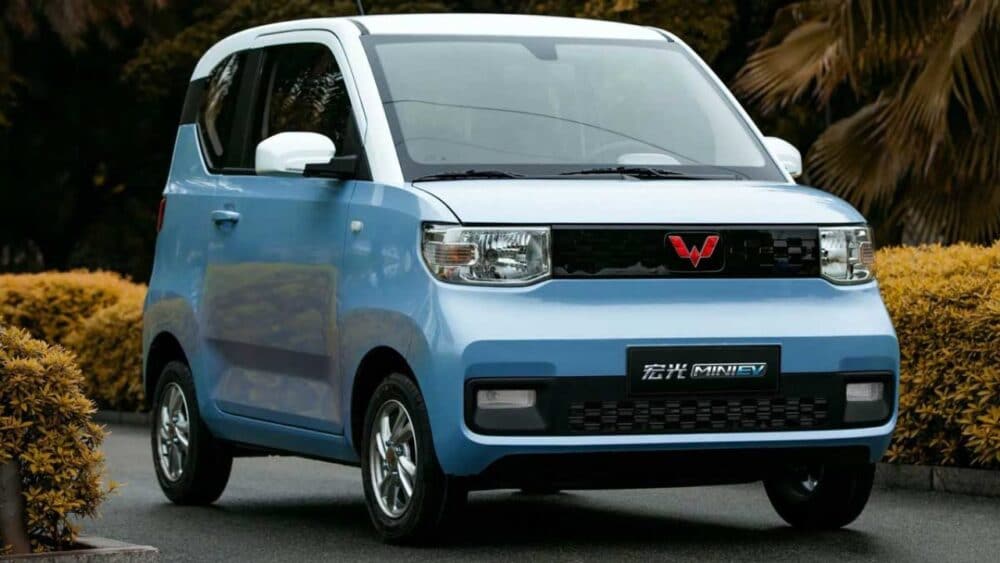
An argument could be made that the best example of a strong and sustainable EV market is that of China and that Pakistan should follow in their footsteps. But do bear in mind that China is among the top ten strongest economies in the world, which implies that they have the means to sustain their EV market.
Plus, they have optimized the complete value chain, meaning that the EVs are built from scratch in China, which implies that they’re much cheaper than they would be when they reach another country, which in the case of this article is Pakistan. So realistically, it would take us a long time before we can follow China.
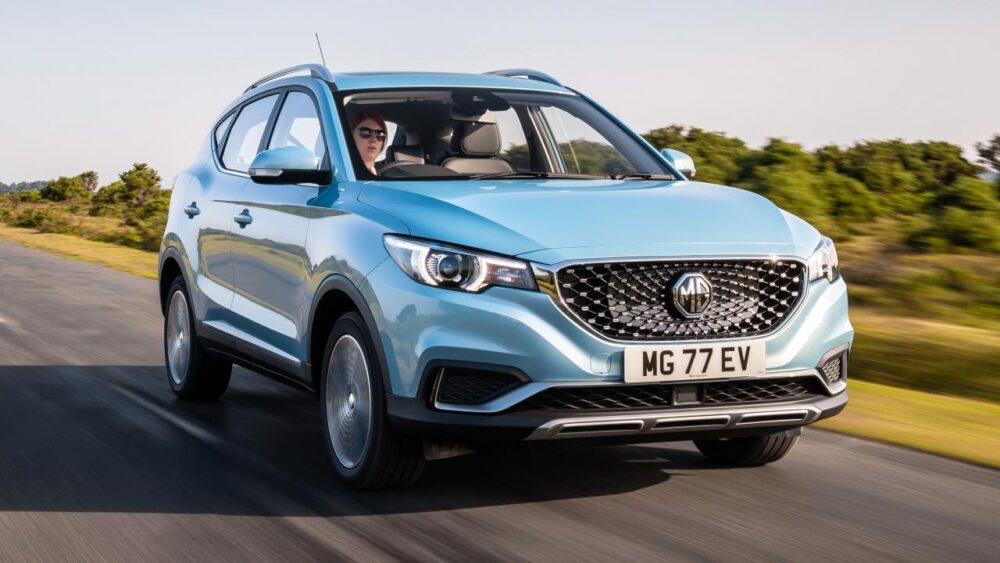
With that said, the government should form a policy that encourages not only EVs, but Hybrid vehicles as well, as they are also a significant improvement on the FFVs for the people, the economy, and the environment. In the meantime, the government can develop a proper infrastructure and a sustainable market in Pakistan that would welcome EVs.
The post 6 Reasons Why People Still Have Doubts About Electric Cars in Pakistan appeared first on .
30/04/2021 12:41 PM
30/04/2021 06:19 AM
30/04/2021 01:10 PM
30/04/2021 05:55 AM
30/04/2021 11:42 AM
30/04/2021 11:08 AM
30/04/2021 11:52 AM
30/04/2021 11:15 AM
30/04/2021 05:04 PM
2014 © Pakistani apps and news